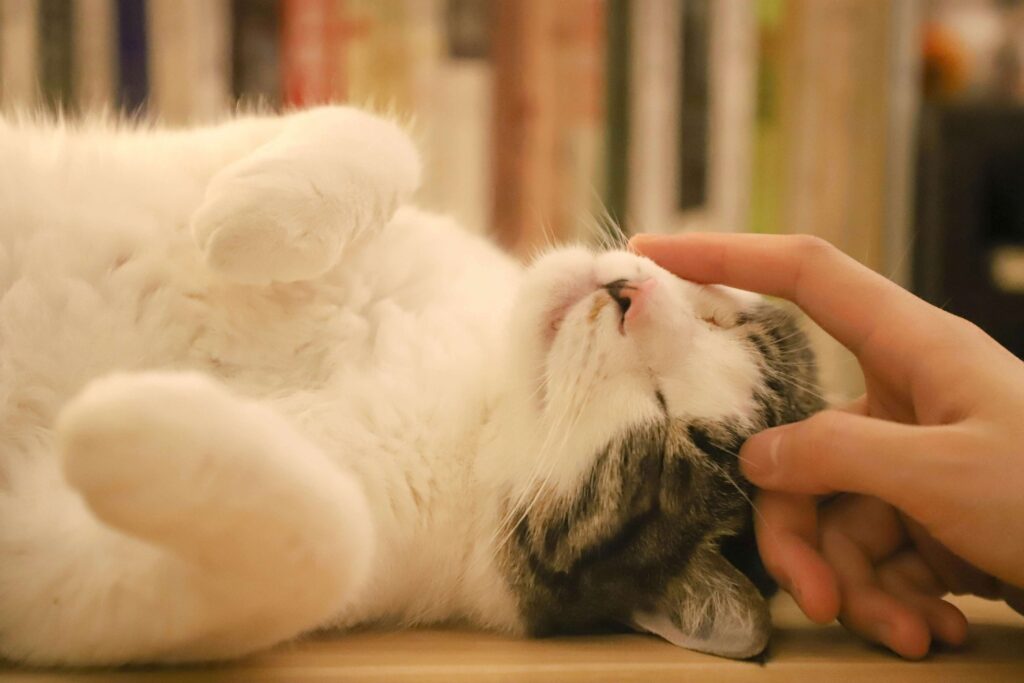The foundation of a pet’s happy and healthy life is proper diet. Knowing your pet’s nutritional requirements is crucial, regardless of whether they are a playful puppy, an inquisitive cat, or even a feathered companion. We’ll explore the fundamentals of pet nutrition in this blog, stress the value of a well-balanced diet, and provide advice on how to feed your feathery or furry family members.
The Significance of Nutrition
Pets need particular nutrients to sustain their physical and mental health, just like people do. A well-rounded diet helps with a lustrous coat and healthy skin, robust teeth and bones, ideal levels of energy, a strong immune system.
Obesity, malnutrition, and even chronic disorders like diabetes or kidney problems can result from improper diet or nutrient imbalances.
Recognizing the Nutritional Requirements of Your Pet
Dogs
Dogs may eat a wide range of foods because they are omnivores, but the main foods they should eat are:
Proteins: Proteins can be found in fish, poultry, cattle, or plant-based foods like lentils.
Carbohydrates: Try sweet potatoes, brown rice, or oatmeal.
Fats: Vital fatty acids for a healthy skin and coat that come from flaxseed or fish oil.
Vitamins and Minerals: Found in vegetables such as spinach and carrots, or in supplements if a veterinarian recommends them.
Cats
Since cats are obligate carnivores, they must eat animal-based proteins. Among their prerequisites are:
Proteins: To satisfy their high protein requirements, eat meat, poultry, and fish.
Taurine: Animal tissue contains taurine, an important amino acid that is necessary for heart and eye health.
Fats: For absorbing nutrients and providing energy.
Water: Including wet food is helpful because cats frequently don’t drink enough water.
Small Pets (guinea pigs, rabbits, etc.)
Guinea pigs and rabbits, which are small mammals, need diets high in:
Hay: The main ingredient for healthy digestion.
Fresh Vegetables: leafy greens, such as romaine lettuce or kale.
Pellets: Made especially for their species.
Birds
Birds require a variety of fresh vegetables, cereals, and seeds:
Pellets: The cornerstone of a well-balanced diet is pellets.
Fruits and Vegetables: Moderate amounts of spinach, carrots, and apples.
Nuts and seeds: Not daily foods, but occasional indulgences.
Homemade Diets vs. Commercial Food
The best option frequently relies on your pet’s individual needs, while the argument between homemade diets and commercial pet food is still going strong.
Commercial Food: Top-notch products provide comprehensive and well-balanced nourishment according to the breed, age, and size of your pet. Seek out goods with little fillers and whole ingredients.
Homemade Diets: Although they may seem enticing, homemade diets need to be carefully planned to guarantee that all nutrient needs are satisfied. When cooking at home, it is imperative to seek advice from a veterinarian or pet nutritionist.
Some Tips for Feeding
Portion control: Malnutrition can result from underfeeding, while obesity is caused by overfeeding. Observe the feeding recommendations given by your veterinarian or on pet food packaging.
Create a Routine: Feed your pet at regular intervals to help control behavior and digestion.
Hydration: Hydration is essential. Always supply clean, fresh water.
Track Behavior and Weight: Depending on your pet’s age, exercise level, or any changes in their health, modify the diet as necessary.
Conclusion
One of the best gifts you can offer your pet is proper nutrition. In addition to enhancing their quality of life, a nutritious diet catered to their requirements will deepen your relationship with them. Keep in mind that each pet is different, so work with your veterinarian to create the ideal diet plan that will keep your pet content and healthy for many years to come.
